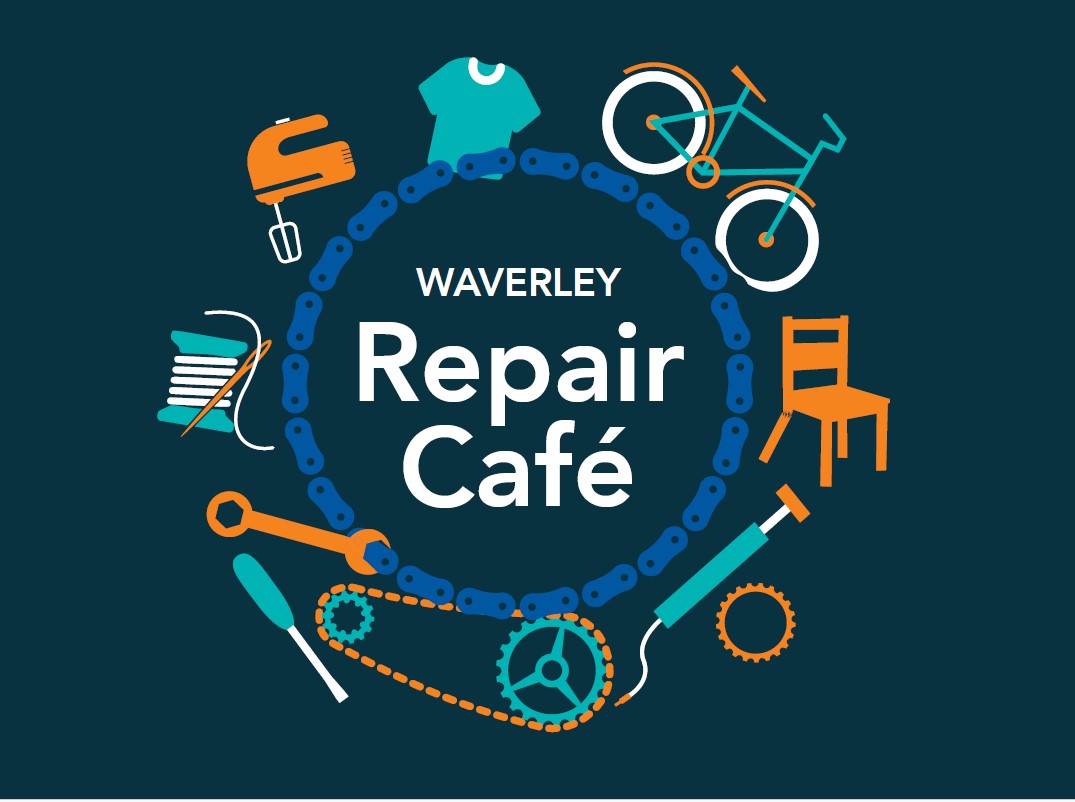
Supported Independent Living (SIL) is a provision that currently benefits over 30,000 Australians under the NDIS (National Disability Insurance Scheme).
This service was created to enable people with disabilities to live an enhanced and independent lifestyle within a supportive community environment.
Essentially, it allows them to live alongside other individuals who have similar requirements for support, within shared accommodation.
The assistance that can be received through SIL will vary depending on the goals and specific needs of each individual. But, it can include help with daily tasks such as cooking, rubbish removal and cleaning, as well as personal care, accessing community services and even help with managing their finances.
For many Australians, the benefits of SIL can significantly enhance the quality of their lives. However, not everyone is familiar with what they might be.
If you are one of them, here are just a few reasons why supported independent living might be the perfect choice for you.
1. Empowerment and Independence
There are several organisations that offer SIL, including United For Care.
Arguably, the biggest reason to embrace it is the sense of empowerment and independence it offers.
As it provides them with the peace of mind of additional support when they need it, people with disabilities are better able to live independently in shared accommodation or even their own homes.
This gives them a sense of control and autonomy over their living situation and allows them to make their own choices about their daily routines, activities and personal goals – which, in turn, can increase their confidence and help them to live happier lives.
2. Enhance quality of life
For people with disabilities, SIL enables them to live in comfortable and familiar environments that proffers an essential safety net of support.
The knock-on effect of this is that because they receive the assistance they need, these individuals tend to enjoy higher levels of health, happiness and safety overall.
3. Personalised and customised support
It is important to note that the support beneficiaries receive is not a blanket offering. Instead, it is personalised and customised to the unique preferences and needs of each individual.
The professionals who provide them with support are trained to empathise, recognise and address the disability requirements of each person they work with. This incorporates the full spectrum of sensory, intellectual, psychosocial and physical.
For this reason, they are able to provide all recipients with a personalised approach that is designed to provide them with the support they need in a way that best promotes their health, dignity and overall well-being – while meeting their objectives.
4. Develop skills to be more self-reliant
One of the key aspects of SIL is that it focuses on developing the skills of those afflicted with disabilities to help them become more independent and self-reliant.
By providing them with advice and guidance in a range of areas including personal care, meal planning, budgeting, household management and transportation, support workers create an environment in which they can thrive.
Via this support, people with disabilities can develop their life skills, which therefore enables them to assume greater responsibility and live even more independently.
5. Choice and flexibility
The great thing about SIL is that it centres around providing choice and flexibility to those with disabilities.
Essentially, it allows them to enjoy much greater control over all the decisions they make about their living and support arrangements. This includes everything from selecting the one they most want to work with to devising bespoke support places and deciding upon when living arrangement best suits them.
Ultimately, a person-centred approach such as this goes a long way towards ensuring that the individual’s opinions, wishes and choices in regard to their shared living arrangement are taken into account.
6. Better overall health and well-being
SIL is designed to promote the integration of support worker and healthcare services for the betterment of the person with disabilities.
As a result, health and support professionals work in tandem to ensure the individual is provided with the appropriate level of therapy services and medical care they need to manage their affliction.
This integrated approach tends to lead to enhanced self-care, better health outcomes and a greater sense of physical, mental and emotional well-being.
7. Community participation and social inclusion
As they can live in the preferred communities of their choosing, people with disabilities are able to enjoy the potential for increased social interaction and inclusion.
This often manifests itself in terms of more access to recreational facilities and activities, local events and community groups.
As a result, it can significantly reduce feelings of loneliness because they can take part in a range of social events and activities that not only entertain and engage them, but also help them to develop friendships with others.
Final thoughts
Since its launch, SIL has helped many Australians who are living with disability to lead more active, independent and fulfilling lives within communities of like minded people.
Whether you feel this kind of service is right for you is something you will need to investigate further. However, if you are interested in being able to take control of your living situation and want to enhance it overall, it is something you should seriously consider.












